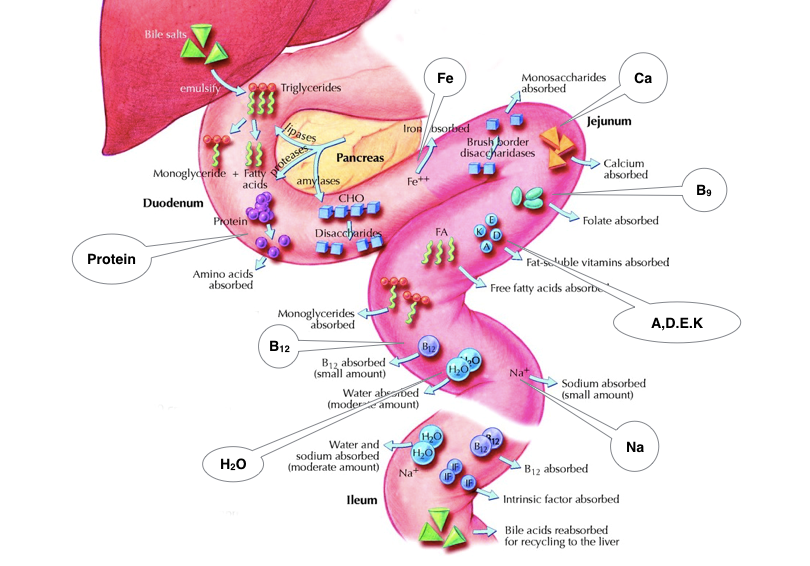
Bariatric surgery is just the beginning to your weight loss regime and should be maintained throughout life. After your weight loss surgery, it is very important to follow a nutritious diet. Your doctor will design an individualised diet that will limit your calorie intake, while ensuring that you get all the nutrition that your body requires. It is necessary to follow this diet to prevent any deficiencies and maintain your muscle tone.
Your diet should include low fat content, with a calorie intake maintained at 400 to 900 calories in the first 12 months, and 65 to 75 g of proteins per day. Foods rich in protein include meat, sea food, eggs, milk, poultry, cottage cheese and yogurt. Though it may be a little difficult to maintain this diet immediately after the surgery, the process gradually becomes easier after a few months. Your doctor may also suggest some eating guidelines that will help you cope with your weight loss surgery:
- Eat slowly and chew your food thoroughly.
- Avoid food that is difficult to chew such as fresh fruits and raw vegetables, and meat such as pork.
- Eat small proportions of a balanced diet.
- Avoid aerated drinks, chewing gums and ice as it may cause discomfort to the stomach by letting in too much air.
- Alcoholic beverages should be avoided.
Your doctor will also suggest taking calcium, vitamin and mineral supplements after the surgery to avoid nutrient deficiencies and associated diseases.
The variety of food can be slowly introduced over time and most of the foods that may have been intolerable initially (bread, meat, highly fibrous fruits and vegetables) can be tolerated after a few months of the surgery. It is also important that you take in sufficient amount of water to stay hydrated.

